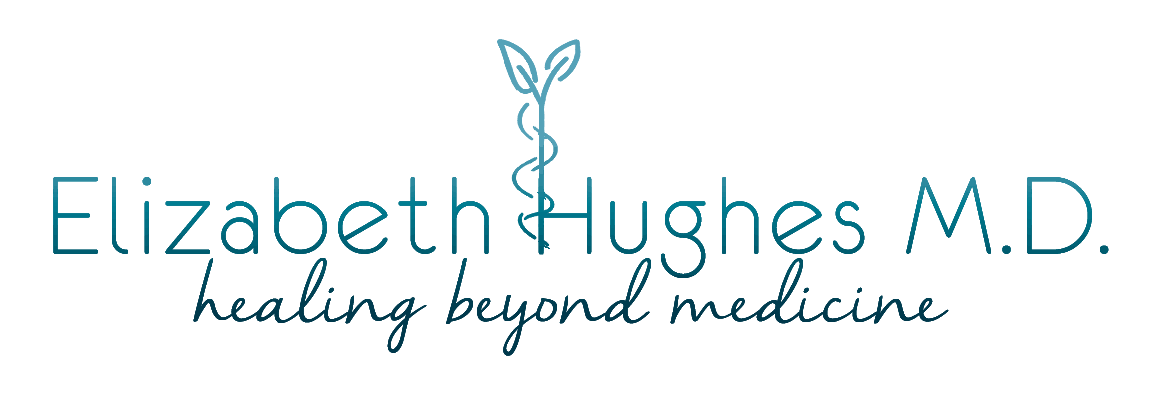How to Beat the Medical Odds

On the other hand, recovery from illness is never random. It’s intentional. People who overcome serious illness and beat the medical odds do something different from other people with the same health conditions.
I was never taught this fact in medical school. Whether or not a person would recover from an illness or be cured of a chronic disease was explained as a matter of odds. I was taught that there were patient factors (like age and gender) and characteristics of the illness (like staging or duration of the condition) which stratified an individual’s likelihood of recovery into risk groups, but in the end recovery was random. Or so I was told.
That teaching is wrong. There are reams of data on spontaneous remissions peppered throughout the medical literature. However, because doctors are disease-focused, not wellness-focused, and because medical research pivots largely around finding new (and profitable) medications, the data is overlooked and the opportunity to study the phenomenon of “exceptional patients” is lost.
People who beat the medical odds and overcome life-altering illnesses do so deliberately. They do more than follow medical advice. They take their health and recovery into their own hands. They think differently about illness, cultivating a firm belief that healing is possible. They learn to listen to their bodies’ signals and cues to guide the treatments they pursue. They assess all aspects of their lives and institute lifestyle changes which are conducive to healing. They focus on, repair, and deepen relationships, and look to broaden connections to others. They cultivate gratitude and appreciation of their lives.
Think about treatment of an illness like baking bread. The ingredients are simple — water, flour, yeast, and salt. If you know what to do with the ingredients, you end up with a delicious, fragrant loaf. If you don’t, you make a mass of gooey dough or a rock-hard, inedible lump. The difference between the outcomes is knowing a few skills and giving the process time.
Similarly, the “ingredients” for treating a disease may be straightforward — take a certain series of medications or get a specific surgery — but allowing them to work requires the right conditions and a little time.
The people who beat the medical odds make sure the conditions are right. They get support from someone who can teach them skills to optimize chances of self-healing. They craft their own healing plan and gather a team, people to support them during their journey with illness. And they give themselves time and encouragement throughout.
You don’t have to accept the idea that recovery is random. And you don’t have to believe that your prognosis is set in stone. There is a science to recovery and you can harness it to shift the medical odds in your favor.

